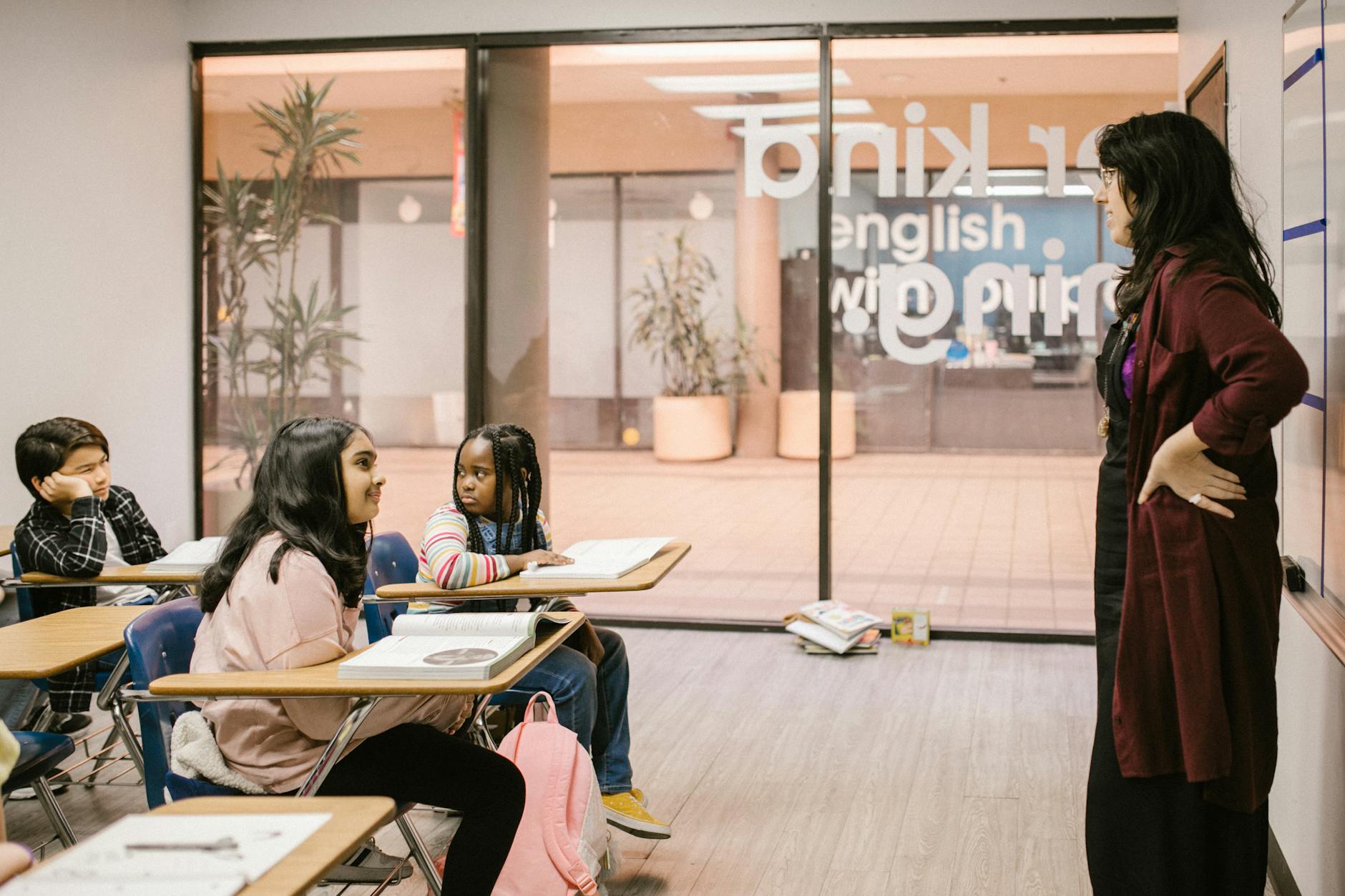Educating with Style: Meet the Icons of Ed!

The realm of education is a vibrant tapestry woven with the philosophies and methodologies of countless educators over the years. Each has contributed uniquely to the fabric of how we approach learning and teaching. In "Educating with Style: Meet the Icons of Ed!" we delve deep into the lives and impact of the trailblazers who have reshaped education. These icons have each fostered an environment of perpetual growth and inspiration, nurturing the minds of generations.
The Socratic Method: Socrates
Socrates, the classical Greek philosopher, pioneered what we now call the Socratic Method. His approach to teaching revolutionized the way educators facilitate learning. He nurtured a system based on asking guiding questions that encourage learners to reflect on their understanding and enhance critical thinking. This method is not about delivering knowledge; it's about unveiling the wisdom within the learner. Through this dialectic method of inquiry, Socrates left an indelible mark on the philosophy of education.
Montessori's Child-Centered Approach: Maria Montessori
Maria Montessori, the first woman in Italy to obtain a medical degree, founded the Montessori Method, a child-centered approach to education. Her philosophy emphasizes hands-on, autodidactic learning. Montessori believed that when given freedom within established parameters, children could unlock their potential. This style of education respects individual pace and encourages intrinsic motivation, which is evident in the thousands of Montessori schools operating worldwide today.
Progressive Education: John Dewey
John Dewey, an American philosopher, psychologist, and educational reformer, championed the progressive education movement, emphasizing learning through experience. He believed that schools should prepare students for life, not just academics, fostering an environment of social interaction and community. Dewey's ideas resonate with today's emphasis on collaborative work and problem-based learning, which aligns with his belief that education and learning are social and interactive processes.
Multiple Intelligences Theory, Howard Gardner
In 1983, Howard Gardner proposed the Multiple Intelligences Theory, challenging the conventional idea of intelligence being a singular, fixed attribute. His theory suggests there are at least eight different bits of intelligence, ranging from linguistic to spatial, musical to bodily-kinesthetic, logical-mathematical to interpersonal, and intrapersonal, with a possible ninth-naturalistic intelligence. Gardner's groundbreaking work provides a framework for educators to recognize and foster diverse talents within the classroom.
"Pedagogy of the Oppressed" by Paulo Freire
Paulo Freire, a Brazilian educator and philosopher, developed a critical pedagogy highlighted in his influential work "Pedagogy of the Oppressed." Freire critiqued traditional education for its 'banking method' where teachers deposit information into passive students. Instead, he advocated for a dialogical approach, in which education is seen as a practice of freedom; dialogues between teacher and student help to raise critical consciousness. Freire's philosophies underscore the importance of education as a tool for social justice.
Constructivism: Jean Piaget
Jean Piaget, a Swiss psychologist known for his work on child development, introduced constructivist theory. Piaget asserted that learners construct their understanding of the world based on experiences and reflect on those experiences. His work significantly influenced how educators understand developmental stages in children and how we facilitate learning by accommodating their cognitive abilities at each stage.
These educational pioneers, with their distinctive styles and philosophies, have left a legacy that continues to evolve and influence modern education. Their fundamental belief in the boundless potential of every learner remains integral to our approach to teaching. As we move through the 21st century, let us carry the torch lit by these icons of education, always striving to find innovative and engaging ways to enlighten and inspire the next generation.
Be inspired by these trailblazers in "Educating with Style!" as we continue to shape a world where every individual has the opportunity to learn with passion, purpose, and personalization.